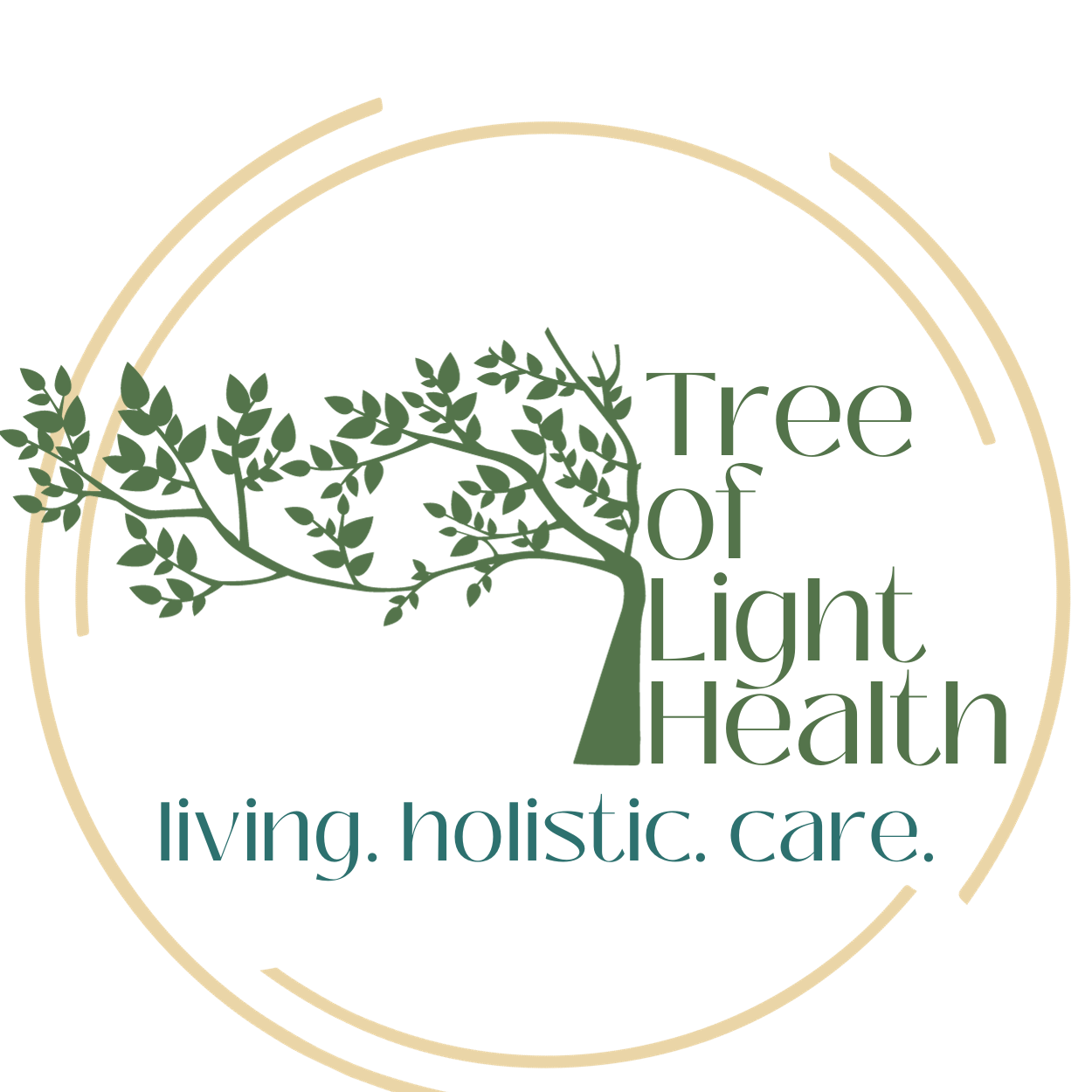NAD THERAPY
What is NAD?
NAD+ or nicotinamide adenine dinucleotide is a coenzyme found in every living cell in your body. It acts as a coenzyme to deliver energy to our mitochondria to generate ATP, which is responsible for all cellular energy. NAD is involved in hundreds of metabolic processes. NAD is critical to almost every cellular process. So critical in fact that life would cease to exist without It. it has been shown in multiple animal studies that NAD is responsible for the aging of skeletal, heart, brain, and stem cells.
NAD levels decline as we age; however, replenishment of NAD to youthful levels may bolster the cellular processes that are responsible for healthy aging
Studies have shown that reductions of NAD are associated with key areas of the aging process:
Loss of proteostasis (dynamic regulation of a balanced, functional proteome—a network of proteins that includes competing and integrated biological pathways within cells that control the biogenesis, folding, trafficking, and degradation of proteins present within and outside the cell)
Loss of mitochondrial function
Glucose intolerance and insulin sensitivity
Cellular senescence (aging)
Altered epigenetics (factors that can affect our gene expression)
Could the aging process itself be related to a decline in NAD levels?
Poly (ADP-ribose) polymerases (PARPs) are a group of proteins that use NAD for cellular repair. The theory of aging holds we lose the capacity to repair our DNA meeting to cellular aging and cancer. Therefore, the aging process itself is most likely driven by a decrease in NAD levels.
NAD is required for energy production in the brain, and muscle cells, and the immune system. When we were younger we had the NAD levels and therefore the energy to drive youthful tissue functions; however, as we age there is a decline in essential cellular functions.
NAD is critical to turn on certain antiaging genes called Sirtuins. Sirtuins are critical for maintaining the health of our cells and this group of genes gets activated by certain supplements (such as NAD and Resveratrol), exercise, and intermittent fasting.
Two cellular processes that are known to consume NAD are: cellular inflammation and immune activation, decreasing the ability of NAD for cellular repair. Meanwhile, as we age, there is a reduction in the available pool of NAD.
What are the benefits of supporting healthy NAD levels?
NAD comes from certain foods in our diet such as nuts, but the major source is a recycling mechanism called the ‘salvage pathway’. Nevertheless, due to the aging process, due to other stressors such as heavy metals and environmental toxins, and other epigenetic stressors—emotional stress, etc. the available pool of NAD can decline. Studies have shown that giving NAD precursors, and or supporting NAD levels to healthy levels, can provide many anti-aging benefits. In addition, many who have supplemented with NAD or NAD precursors have reported the following benefits*:
Helps with fatigue
Assist with brain fog
Helps to convert energy from carbs, fats, and proteins,
Aids in athletic recovery
Increase in concentration, mental clarity, memory, and mood
Increase in motivation
Forms of NAD and methods of delivery
The most popular form of NAD comes in the form of NAD precursors such as Nicotinamide Ribose (NR) as well as NMN or Nicotinamide Mononucleotide. These forms, as well as others, can be augmented with sublingual and IV forms which offer to direct delivery to the bloodstream. In addition, various amino acids, when combined with NAD, may offer enhanced effects.
* These claims have not been verified by the FDA. While initial studies and patient reports seem promising, more studies are needed, and there are currently multiple research organizations around the world currently studying the effects of NAD for anti-aging and overall health. NAD therapy needs to be carefully considered as part of an overall anti-aging strategy. Always consult with your doctor before considering doing anything with your health. Please see below for more disclaimer information.
